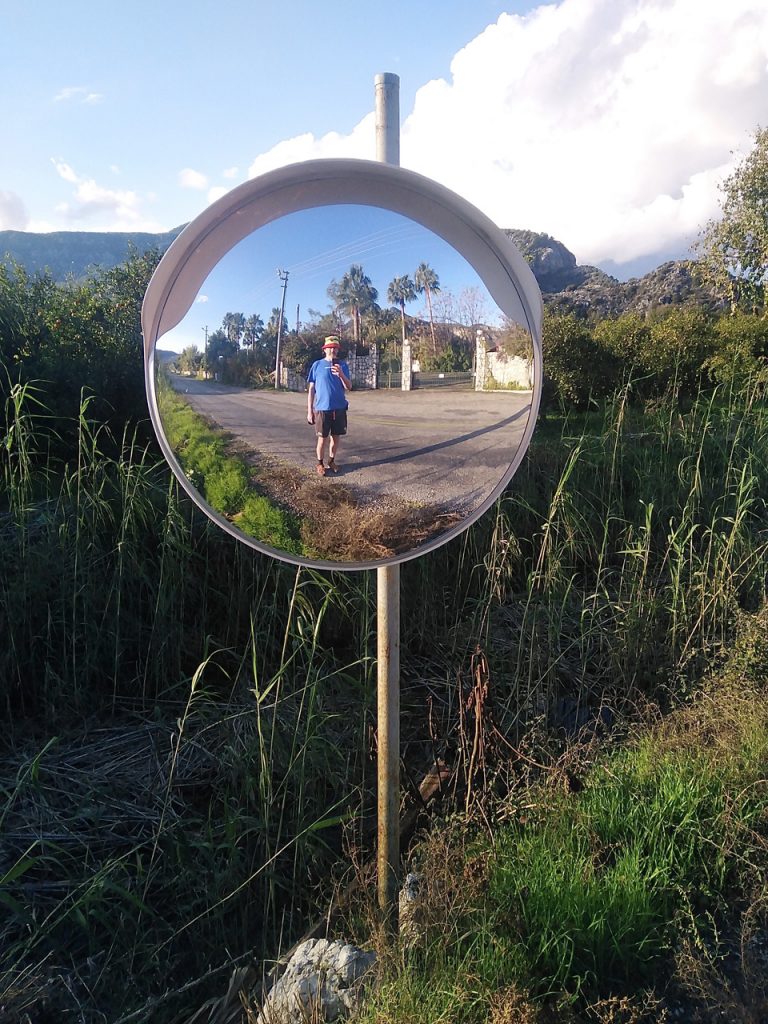
Crossing The Line? – Qatar World Cup 2022
Before the 1978 World Cup in Argentina, Amnesty International urged fans not to boycott watching the football, but to research information about the victims of torture, imprisonment and disappearance in the host nation. The message was amplified by groups around the world. Although the military government got their Argentina win, the presence of international media, according to various articles in the international press, brought visibility to groups campaigning on behalf of the ‘disappeared’. I think it was the first time I thought about geopolitics, human rights and football. I watched it on TV.
The run up to the World Cup competitions staged in South Africa and Brazil saw violence used by both states on their local populations. The clearing of informal housing, attacks on peaceful demonstrators (demonstrating about poverty, women’s rights etc), harassing of homeless people, working conditions for domestic and migrant workforces etc were all challenged by Amnesty International at the time. Protests in both countries also focused squarely on the resources being devoted to the World Cup and away from local needs. I watched them on TV.
Amnesty commented in 2018 that FIFA’s failure to carry out due diligence on Russia’s ‘rampant’ human rights abuses before its hosting of the tournament was an own goal. The politicking went on, as did the repression. Mo Salah received the Freedom of Chechnya from its despot, Putin-supporting leader. A millionaire footballer exploited by an ally of the state whose militias had annexed the Crimea four years earlier. That was of course a couple of years after Ukraine had co-hosted Euro 2012. And that was just after the International Federation for Human Rights had described Ukraine as “one of the countries seeing the most serious violations against human rights activists.” As of 17 January 2013 Ukraine lost all of its 211 cases at European Court of Human Rights. And on… and on. I watched the football on TV.
When UEFA decided to take the ridiculous step in 2020 of staging the Euros all over Europe, they included Baku, in Azerbaijan, as a destination. It’s not an oasis of human rights. Wales played two games there. I watched on TV.
Although most of the football I watch live takes place in front of crowds measured in the hundreds, I do follow Wales and go to whatever games I can. I went to the home qualifiers for the World Cup, knowing, especially as media attention began to focus more and more scrutiny on Qatar, just what a desperately horrible regime is in charge there.
I’m not a huge fan of the English Premier League or Champions League but I follow the fortunes of Liverpool FC because I used to go there and I liked the football. This season I’ve watched them play against Newcastle United, a club owned by Saudi Arabia’s public investment fund (and some Chinese capital partners), and Manchester City, a club owned for the most part by Sheik Mansour of the United Arab Emirates. He’s the deputy prime minister of a state whose fhuman rights record does a fair impression of say… Saudi Arabia’s. I keep wondering where I should draw the line about what exactly which sporting occasions are morally acceptable to watch on TV. Has the line been drawn at Qatar?
One thing that’s become clear in the age of digital media is that it’s much harder for the Qataris to control the World Cup narrative than it was for the Argentine military. So when Laura McAllister gets told to remove her rainbow bucket hat by a Qatari policewoman, we see it on the national news shortly afterwards. I’m not sure there’s much evidence of sports washing – in fact it’s more like their dirty laundry is being aired to a very wide public indeed. I know more about human rights abuses in Qatar now than I did before – because I’ve never really thought about Qatar much before…
I wish I had the clarity of some of my friends whose convictions are bright-eyed and firm. They will not watch. They condemn the whole thing. For them, Qatar crosses the Rubicon. My own feeling is that for my entire lifetime, I’ve been ducking and diving and swimming my way through a sporting moral morass. We all have. If we think we haven’t, then my view is that were kidding ourselves. Major tournament by major tournament, Premier League season by Premier League season, we compromise ourselves because in those spheres football became something different a long time ago.
People died during the creation of football stadiums. There is no way to avoid the issue. Some of regimes to which the biggest international football tournament has been awarded are fundamentally corrupt. That hasn’t changed for decades. None are without fault. If we’re going to have international sporting competitions at all, it’s likely we’re going to be compromised as fans because governments and governing bodies don’t place us high on their lists of priorities.
I’m not going to try and defend the actions of rogue states or international or national football administrators, and I don’t wish to engage in too much whataboutery – that would be to open an almost limitless discussion about a whole other set of bad choices and compromises which I/we face virtually every minute of the day. Maybe I shouldn’t watch; maybe this should be the moment I abandon all televised football, stop going to watch international games, and stick to watching local football – the football that doesn’t have blood on its hands. And yet, the games I watch are administered by an Association that is told what to do by FIFA, so, forgive the pun, I’m guilty by association anyway. Oh, and if anyone thought grassroots football couldn’t be corrupted, they need to get out more.
Not watching this World Cup on TV would be, for me at least, futile. Will Qatar change its stance on human rights if I don’t? Did Russia? Has Azerbaijan? Will the Saudis stop executing people if I don’t watch games that feature Newcastle United. I doubt it. Where exactly is the moral high-ground here? Shall we call for the abandonment of all international sport? Shall we cease to participate if the football associations of ‘pariah’ nations stage, or are present at, tournaments? Whoever the ‘ambassadors’ for Qatar may be, I won’t un-know what I’ve learned about their hateful state, and I’ll still be able to take an informed view about the rights of women in one of the next host nations… and many other FIFA football nations for that matter.
So, yes, I watch international football on TV.
Where do you draw your line?
